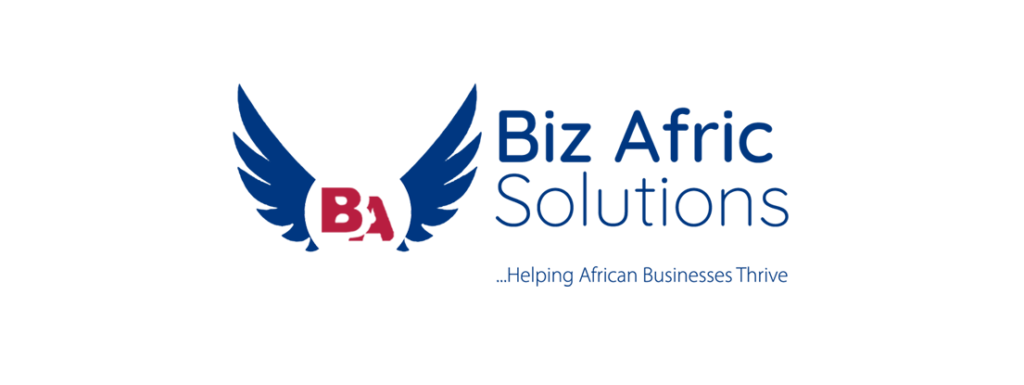The removal of the fuel subsidy by the Nigerian National Petroleum Company Limited (NNPCL) in July 2023 led to escalated petrol prices, impacting consumer costs and overall economic stability. As a result, the average petrol price has surged to around ₦630 per litre, with some areas seeing prices up to ₦700 per litre, placing additional pressure on businesses and consumers. This issue is further compounded by the depreciation of the Naira against the US dollar, which increased the landing cost of petrol from ₦720 to ₦1,009 per litre, as of May 2024. This significant rise in import costs has further strained the economy and increased the cost burden on businesses that rely on imported fuel. According to recent reports, the depreciation of the Naira and the consequent rise in input costs have been a major challenge for businesses, with the Purchasing Managers’ Index (PMI) indicating the weakest recovery since December 2023. As a result, many SMEs are feeling the squeeze on their margins, further emphasizing the need for a stable and cost-effective fuel supply.
Nigeria’s growing population and expanding vehicle fleet have driven up domestic fuel consumption, placing additional stress on supply chains and exacerbating price hikes. This surge in demand underscores the need for a more robust and self-sufficient fuel supply system. The nation’s reliance on imported refined products due to inefficiencies in local refineries has been a major contributor to rising fuel costs. Additionally, the decline in company income tax (CIT) collections, especially in the manufacturing sector, points to the severe constraints faced by local businesses, further highlighting the importance of reducing fuel costs to enhance business viability. The commissioning of the Dangote Refinery, however, promises to alleviate this issue by boosting local production capacity, potentially reducing the country’s dependence on imports and stabilizing fuel prices.
The Dangote Refinery’s operations could help mitigate these issues by enhancing transparency and efficiency in fuel distribution, ensuring a more stable and fair market. This could have a significant impact on SMEs, particularly those in logistics and manufacturing, who have been severely affected by fuel price volatility and supply chain disruptions.
To address the broader economic challenges, Nigeria could adopt several strategies:
-
- More Investment in Refining: Enhancing the efficiency of local refineries and supporting the Dangote Refinery could significantly reduce import dependency and stabilize fuel prices.
-
- Currency Stabilization: Efforts to stabilize the Naira against major currencies would help mitigate the impact of exchange rate fluctuations on import costs, protecting the purchasing power of consumers and businesses. As seen in the drop in CIT collections and the rising input costs highlighted in various reports, a stable currency is crucial for maintaining business profitability.
-
- Diversification of Energy Sources: Encouraging the adoption of alternative energy sources such as natural gas, solar power, and electric vehicles can reduce reliance on petrol and ease demand pressure, promoting a more sustainable energy mix.
-
- Effective Regulation: Strengthening regulatory frameworks to curb smuggling and corruption would help maintain fair pricing and ensure a stable supply of fuel across the country.
No doubt, the operations of Dangote Refinery could not only help the country better meet its fuel-consumption needs but also spur significant for businesses. Many SMEs, particularly in transport, logistics, and manufacturing, heavily rely on affordable fuel for their operations. The refinery’s production capabilities could reduce fuel costs and enhance supply stability, potentially lowering operational expenses and improving profit margins for these businesses.

Biz Afric Solutions empowers businesses with comprehensive support services, including business development, research and data analysis, and human resource management. Contact us for more information.
